Seismic hazard is a natural hazard associated with any phenomena that accompanies earthquakes and threatens the lives of people and their normal functioning.
Offshore studies of seismic hazards have some peculiarities compared to similar work on land. These features are important, firstly, due to the lack of seismological information, as well as the high cost and technical difficulties of conducting expeditionary research at sea. When working in the Arctic seas, additional restrictions are imposed due to low temperatures and the presence of ice cover. The incompleteness of catalogs of earthquakes in marine regions, the lack of data on velocity models, and the lack of records of strong movements at the bottom complicate the analysis of seismic hazard. Secondly, during seismological studies at sea, it is necessary to pay attention to some natural phenomena associated with seismic activity, for example, massive release of gas from marine reserves, underwater landslides, soil liquefaction, tsunamis, etc.
Research into the seismic hazard itself, as well as others related to seismicity and geological hazards in the Russian seas, is multidisciplinary and requires the involvement of teams from a number of different laboratories of academic institutes and universities. This electronic resource is intended to systematize scientific data in this area of research, publish relevant information, news and educational materials.
Offshore studies of seismic hazards have some peculiarities compared to similar work on land. These features are important, firstly, due to the lack of seismological information, as well as the high cost and technical difficulties of conducting expeditionary research at sea. When working in the Arctic seas, additional restrictions are imposed due to low temperatures and the presence of ice cover. The incompleteness of catalogs of earthquakes in marine regions, the lack of data on velocity models, and the lack of records of strong movements at the bottom complicate the analysis of seismic hazard. Secondly, during seismological studies at sea, it is necessary to pay attention to some natural phenomena associated with seismic activity, for example, massive release of gas from marine reserves, underwater landslides, soil liquefaction, tsunamis, etc.
Research into the seismic hazard itself, as well as others related to seismicity and geological hazards in the Russian seas, is multidisciplinary and requires the involvement of teams from a number of different laboratories of academic institutes and universities. This electronic resource is intended to systematize scientific data in this area of research, publish relevant information, news and educational materials.


